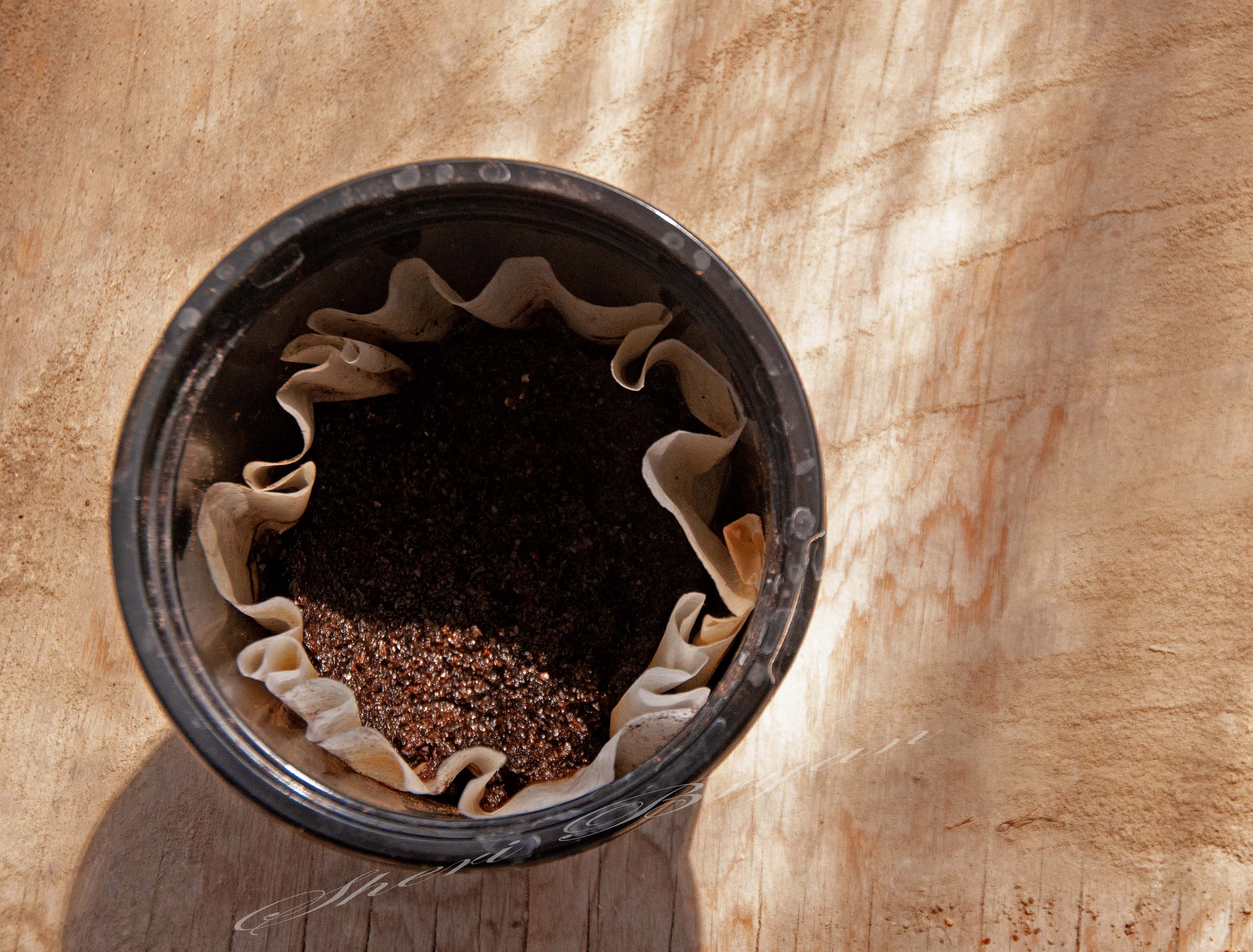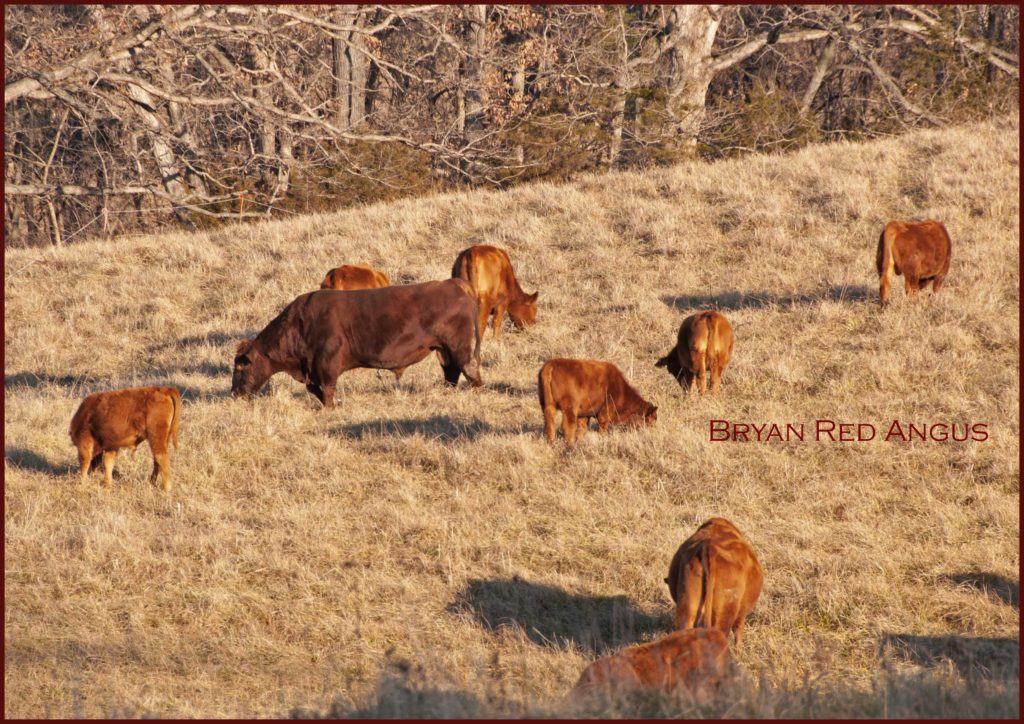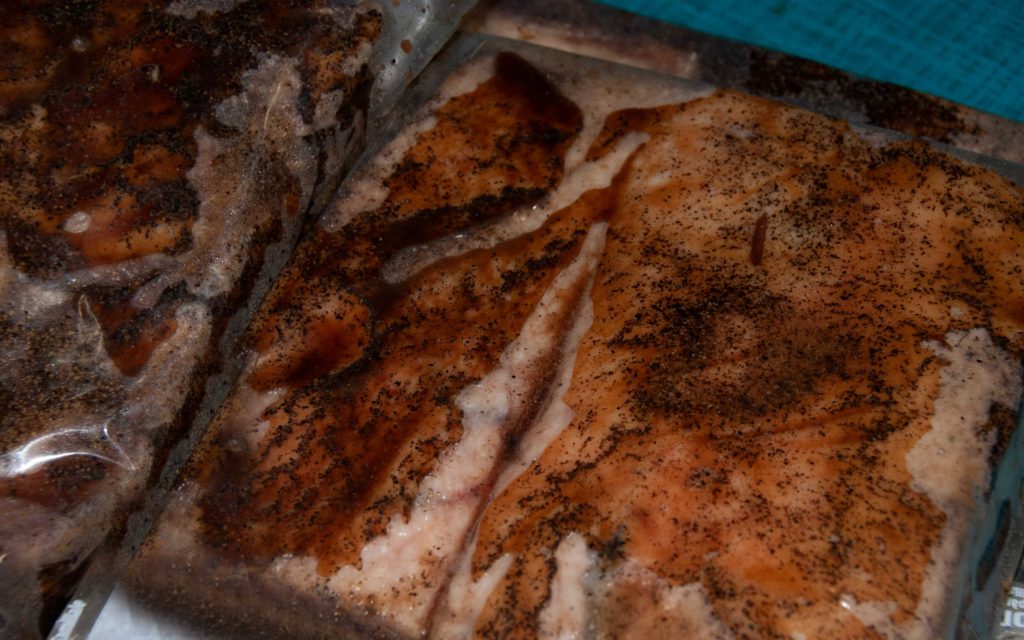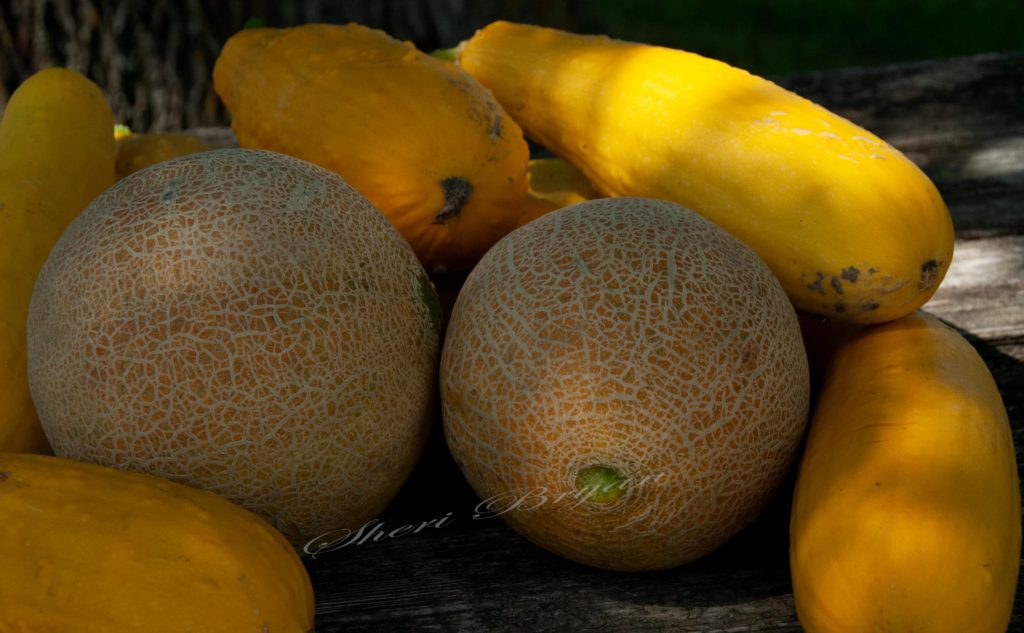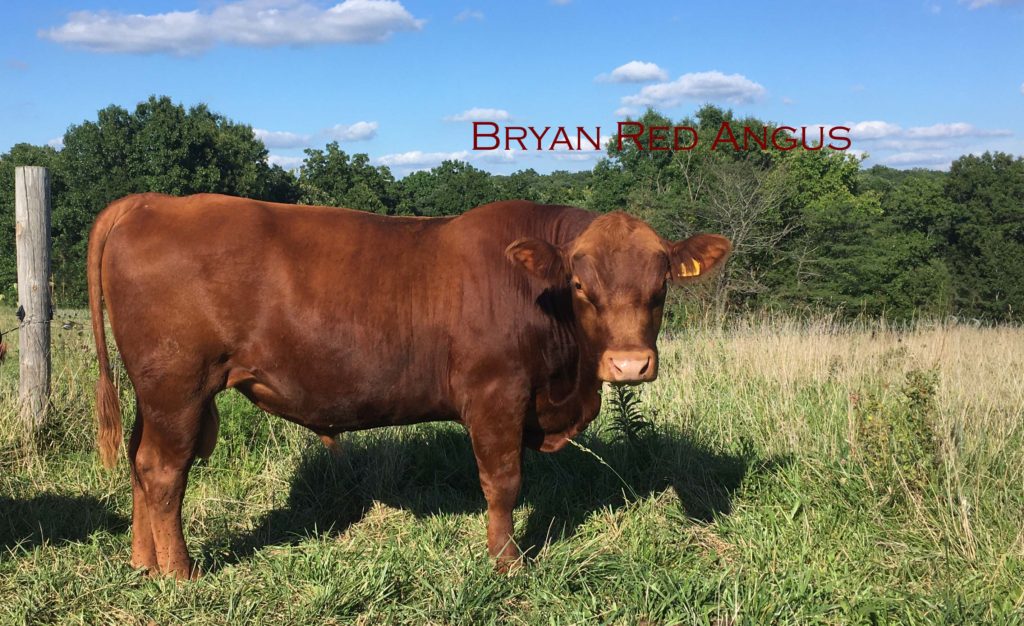Not the greatest picture, I know. Given the subject, you can understand why I photographed through a closed window. Earlier this summer, these seven stinky omnivores took up residency under a concrete slab that leads to our basement. They eventually found and consumed the cat’s food and started sheltering under our outbuildings. One skunk even came from under a shed and stared me down as I attempted to open the shed door. Cute as they were when they were little, they hung around too long, eventually leaving sometime after Thanksgiving. We now have a live trap, suited for such critters, should this happen again.
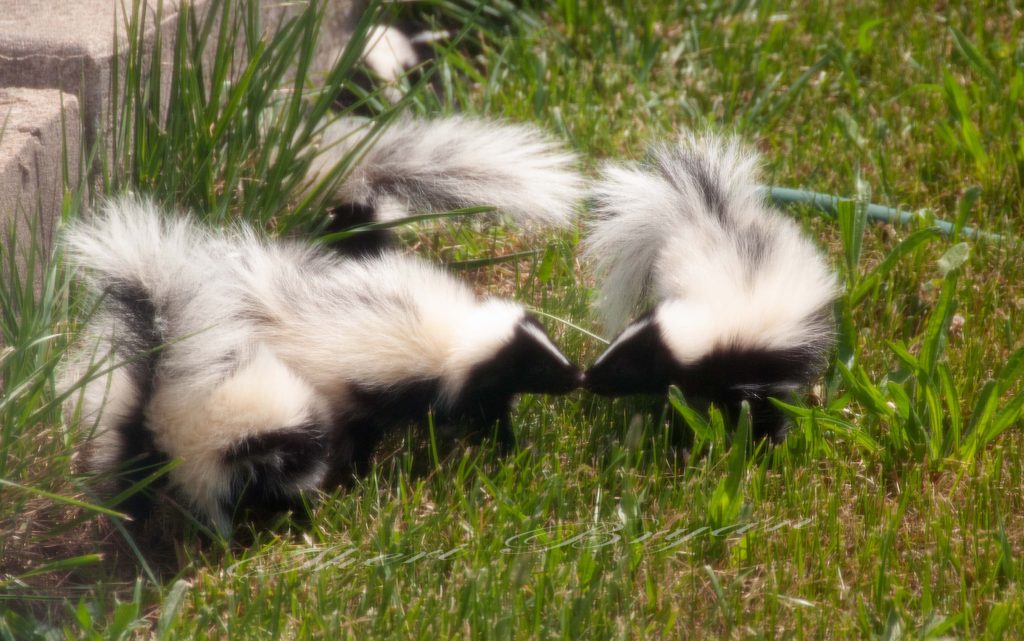
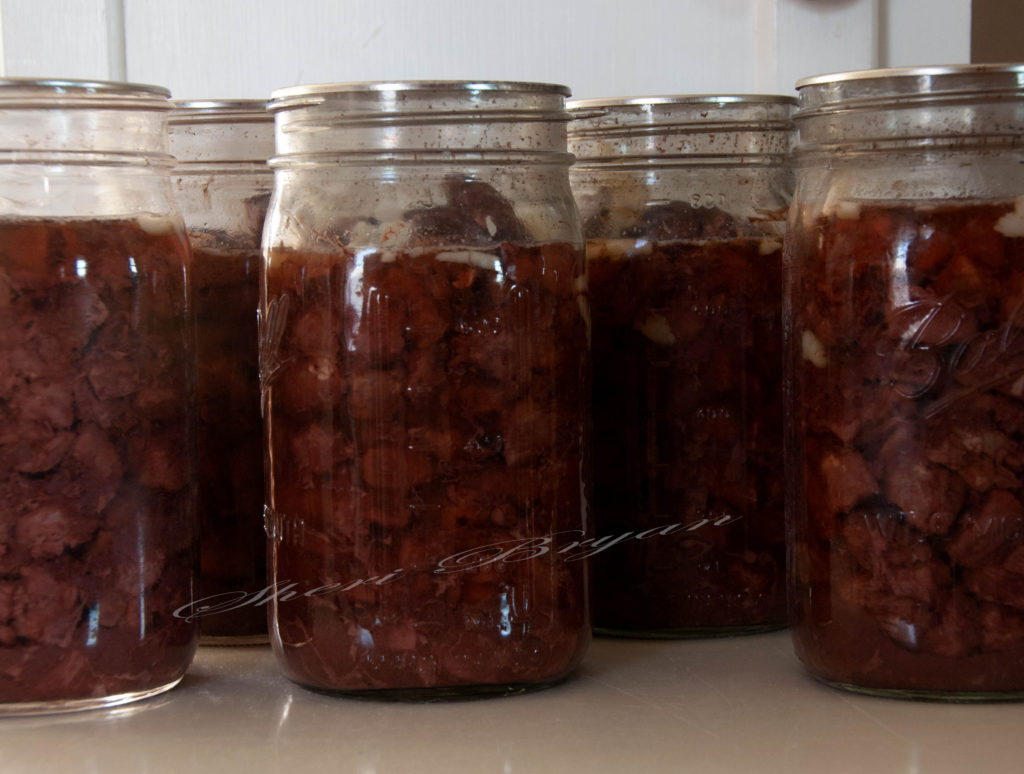
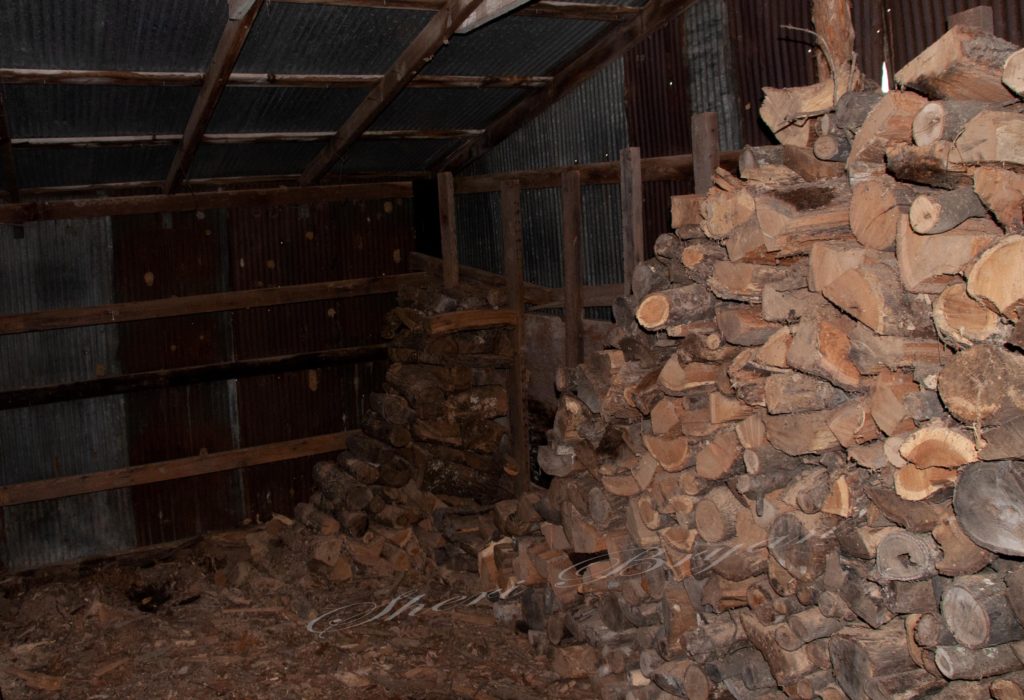
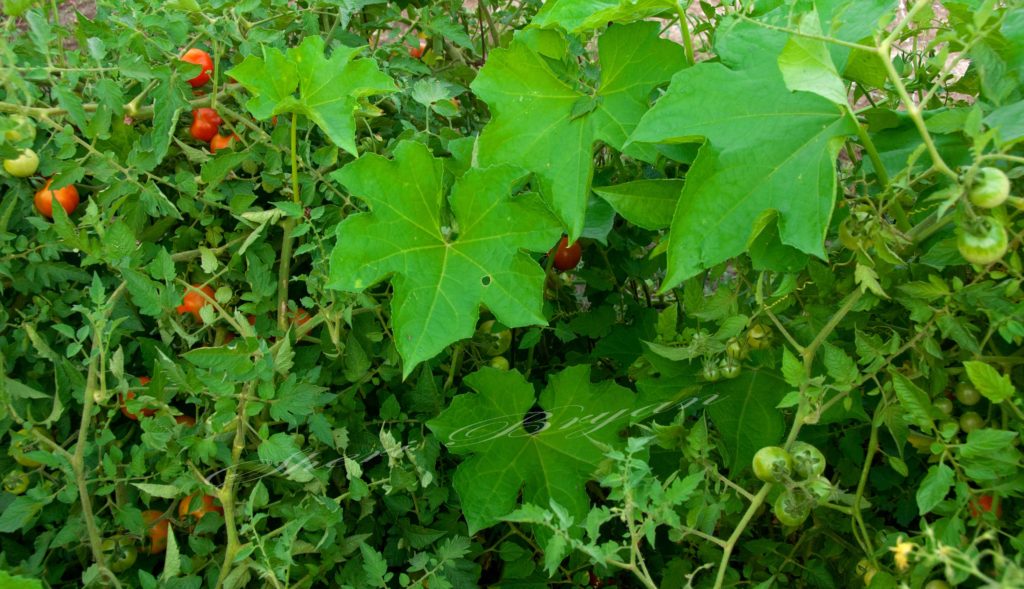
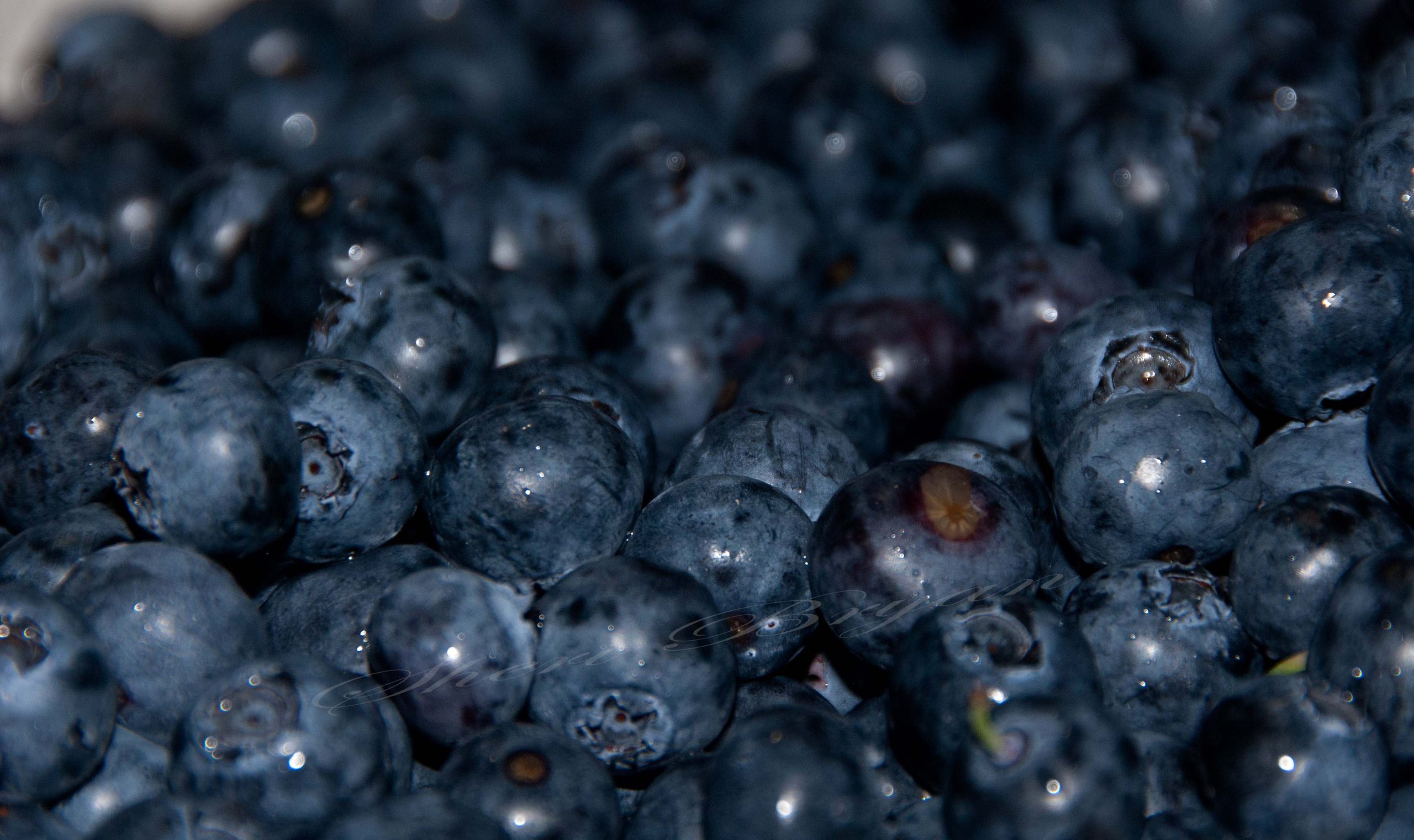 For several years now, a family friend has arranged for blueberries to be shipped to her mid-Missouri home. A few weeks ahead of time, she contacts friends and takes our orders. The berries arrive at the peak of ripeness in 10 pound boxes. Blueberries delivered in this way are incredibly easy to process and store.
For several years now, a family friend has arranged for blueberries to be shipped to her mid-Missouri home. A few weeks ahead of time, she contacts friends and takes our orders. The berries arrive at the peak of ripeness in 10 pound boxes. Blueberries delivered in this way are incredibly easy to process and store. 